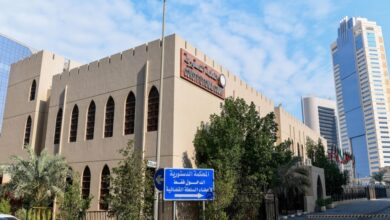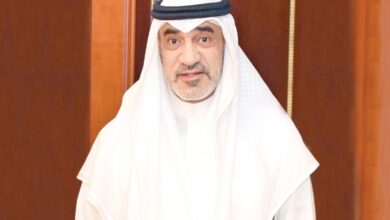Kuwait studies fair payout mechanism for social security contributors
. . . for those whose citizenship was revoked before retirement

Officials at the Public Institution for Social Security (PIFSS) are examining a legally sound and procedurally viable mechanism to disburse financial entitlements to individuals registered in the social security system whose Kuwaiti citizenship was withdrawn before they reached retirement age.
This evaluation applies only to contributors who lost citizenship prior to retiring, as retirees affected by citizenship withdrawal fall under a separate framework regulated by a Cabinet decision.
According to informed sources, PIFSS will not independently determine how these cases are handled, noting that the authority to set the governing framework lies with the Council of Ministers.
Instead, the institution is working on scenarios that align with its regulations—either refunding the contributions previously paid by the individual or granting a suitable lump-sum reward calculated in accordance with the institution’s rules.
The final entitlement amount will be determined by whichever value is higher, ensuring fairness in the payout.
Sources emphasized that precise actuarial assessments are underway to determine the exact financial rights owed, regardless of the scenario ultimately approved.
However, one principle is already clear: anyone whose Kuwaiti citizenship was revoked before retirement will not be eligible for regular retirement benefits or a monthly pension as guaranteed to Kuwaiti citizens under Social Security Law No. 61 of 1976—even if their retirement date comes immediately after the decree withdrawing their nationality.
To safeguard contributors’ rights, PIFSS has been instructed to establish a calculation model that compares the value of contributions paid over the years with the potential lump-sum reward.
This model will vary from person to person depending on monthly contribution amounts and total years of service.
After determining the “fair value” of both options, the institution will pay whichever value is greater.
Officials are also studying how these payouts may impact liquidity within PIFSS, its ability to maintain pension payments, and the processing of regular retiree transactions.
Depending on the results, the institution may opt for a single payment, two installments, or multiple scheduled disbursements with specified intervals between each.
To ensure legal clarity and financial equity, PIFSS has consulted the Fatwa and Legislation Department regarding the interpretation of the Cabinet directive and the permissible insurance mechanisms available for this unprecedented process in Kuwait.
Given the potentially large sums involved, any final payment scheme must balance fairness to individuals with the institution’s financial capacity and long-term sustainability.












